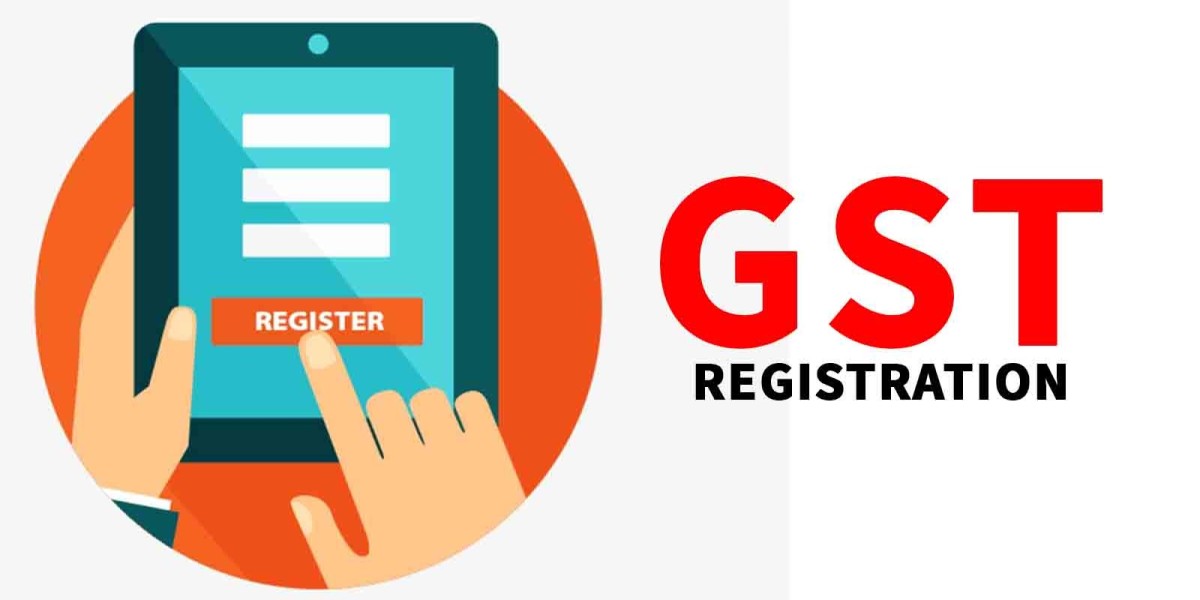If you’re starting a new business in India, dealing with goods or services, one of the most important legal requirements is GST registration. GST (Goods and Services Tax) has replaced multiple indirect taxes, and businesses with annual turnover above the threshold limit must register for GST to stay compliant.
In this article, we will guide you through the step-by-step process to register GST online, using simple language and practical steps.
What is GST Registration?
GST registration is the process of enrolling your business under the Goods and Services Tax system. Once registered, the business is assigned a unique Goods and Services Tax Identification Number (GSTIN)—a 15-digit code used for tax filing and invoicing.
Businesses must apply for GST if:
Turnover exceeds ₹40 lakhs (₹20 lakhs for services in most states)
They are involved in interstate sales or e-commerce
They import or export goods/services
They are a part of specified businesses like marketplaces or aggregators
Documents Required for GST Registration
Before you begin the GST registration process online, make sure you have the following documents ready:
PAN card of the business or applicant
Aadhaar card of the applicant
Proof of business registration or incorporation
Address proof of the business place (electricity bill, rent agreement, etc.)
Bank account statement or cancelled cheque
Digital Signature Certificate (for companies/LLPs)
Passport-sized photograph of the owner/partners/directors
Step-by-Step GST Registration Process (Online)
Here’s a detailed guide on how to register for GST online in India through the government portal.
Step 1: Visit the GST Portal
Go to the official GST portal: www.gst.gov.in
Click on the “Register Now” button under the “Taxpayers (Normal/TDS/TCS)” section.
Step 2: Fill Part A of the Application
You’ll be asked to enter the following details:
Select “New Registration”
Type of taxpayer: Individual, Proprietor, Company, etc.
State and district
Legal name of the business (as per PAN)
PAN number
Email ID and mobile number
Enter OTPs sent to your email and phone for verification
After successful submission, you will receive a Temporary Reference Number (TRN).
Step 3: Fill Part B of the Application
Use the TRN to log in and continue to Part B. Fill in:
Business details
Promoter/owner details
Principal place of business
Additional place of business (if any)
Goods and services your business deals in (with HSN/SAC codes)
Bank account details
Upload scanned copies of required documents
Step 4: Verification and Submission
After completing all sections, verify the application using:
EVC (Electronic Verification Code) sent to registered mobile
Or DSC (Digital Signature Certificate) for companies/LLPs
Once submitted, an Application Reference Number (ARN) is generated.
Step 5: GST Officer Review and Approval
The GST department will verify your application and documents. You may be asked for additional documents or clarification.
If all is in order, you’ll receive the GSTIN and certificate of GST registration on your registered email within 7 working days.
After GST Registration – What’s Next?
Once your GST registration is complete:
Display your GSTIN at your business place
Start generating invoices with GST details
File GST returns monthly/quarterly as required
Claim Input Tax Credit (ITC)
Stay compliant to avoid penalties
Conclusion
GST registration is a crucial step for every business to operate legally and access benefits like tax credits and ease of doing business. Thanks to the online GST portal, the process has become more transparent and user-friendly.
Whether you’re a startup, freelancer, trader, or manufacturer, registering for GST ensures your business stays compliant and gains customer trust.









